
Green Livelihoods Alliance stands with communities, local gov’t resisting mining in Brooke’s Point
The Green Livelihoods Alliance (GLA) in the Philippines denounces the resumption of mine operations in Brooke’s Point, Palawan, and the Office of the Ombudsman’s suspension order on Brooke’s Point Mayor Maryjean Feliciano for her actions protecting the forested watershed from destructive mining. The GLA calls on government agencies to instead listen to the community voices who have long stood against the destructive mining in forested watersheds of Palawan.
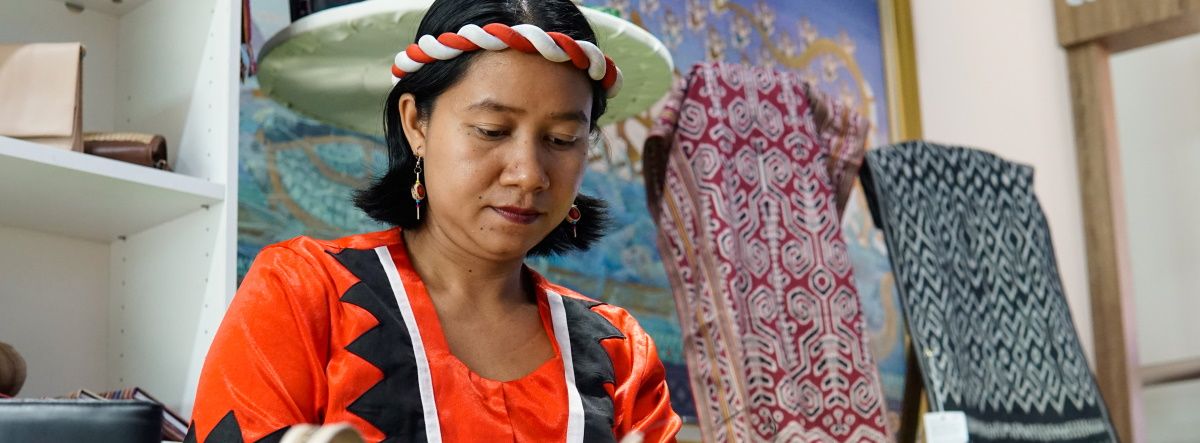
Forest Harvest CBNE Forum to be held on 1-5 June
Community-based Non-Timber Forest Product Enterprises (CBNEs) will take the spotlight for the inaugural Forest Harvest CBNE Forum taking place this 1-5 June to highlight their untapped potential in contributing to community well-being and forest conservation.

Toward an EU law on deforestation commodities
Much of the deforestation that takes place in Southeast Asia, Africa and Latin America is the result of the European consumption of commodities, such as soy, cocoa and palm oil. Stricter EU-level regulations could go a long way to put an end to deforestation. Such regulations are a contentious political issue, but at the end of 2020, after years of concerted lobbying by TBI and partners, there was a breakthrough.

Village forest committees in DR Congo take matters into their own hands
As soon as communities in DR Congo received formal forest rights, they established new rules for forest management. The result: fewer trees are being cut, and the communities are earning more money.
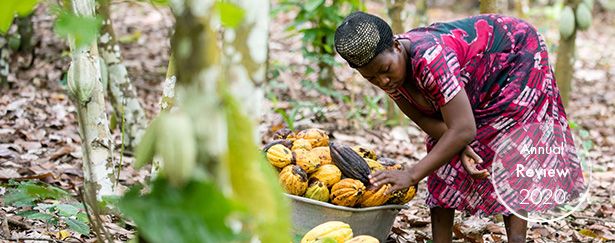
From financial flow analyses to better landscape practices
TBI members in Ghana and Indonesia studied landscape-level financial flows to understand how they can better contribute to livelihood and environmental objectives. In Indonesia, the study had an additional and unexpected positive effect.
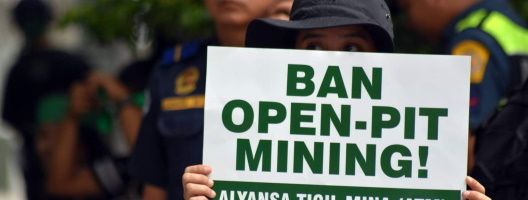
GLA Philippines condemns lifting of new mining ban
The Green Livelihoods Alliance (GLA) in the Philippines is alarmed and dismayed by the issuance of Executive Order 130 re-allowing new mining projects in the country. On April 15, 2021 the Malacañang released Executive Order (EO) 130 signed by President Rodrigo Duterte, lifting the nine-year ban on new mineral agreements, in the guise of economic recovery amidst the pandemic.
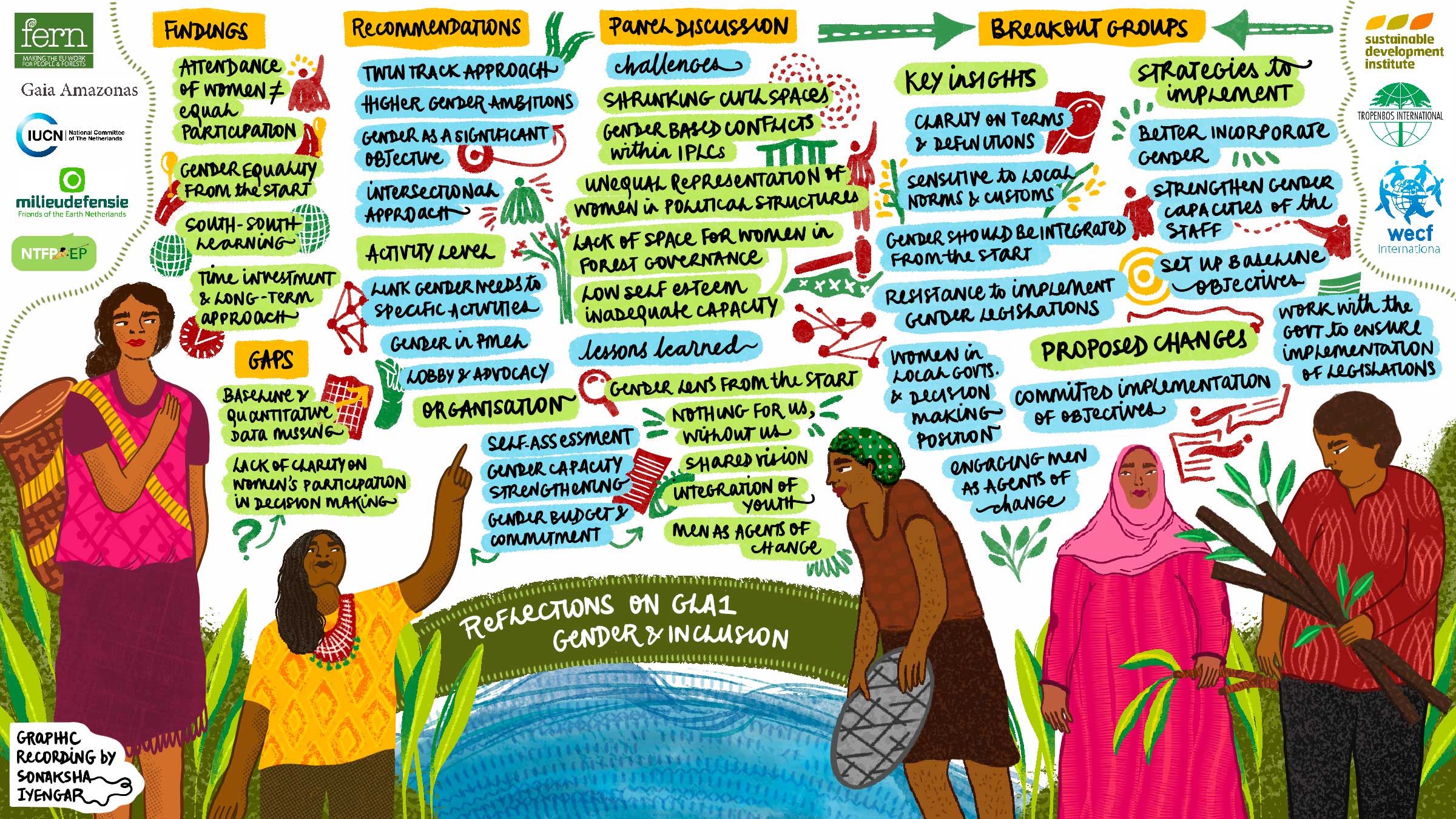
The importance of integrating gender in sustainable forest governance – findings and recommendations from the GLA1 Gender Assessment
On Monday 29th March, over 120 participants from across the Green Livelihoods Alliance (GLA) network came together virtually to reflect on the findings of the Gender Assessment Report, which was undertaken during the programme’s first phase (GLA-1). The webinar was organised by the GLA Gender Hub and provided an opportunity for partners to hear about the achievements and recommendations emerging from GLA-1, and strategise for the coming years.
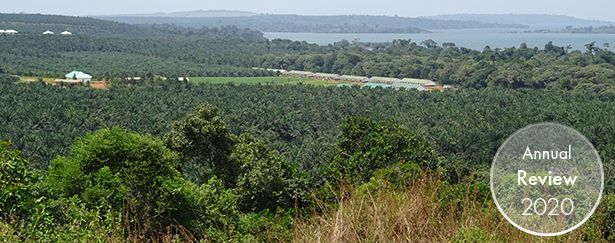
Reducing the negative impacts of oil palm on food security in Uganda
Research shows that oil palm expansion in Kalangala District, Uganda, has had severe negative effects on food security and the environment. Based on these research results, the Government of Uganda has improved the planning of oil palm expansion in other parts of the country.

ASEAN adopts sustainable harvest guidelines, resource management protocols for NTFPs
The ASEAN Ministers on Agriculture and Forestry (AMAF) have adopted the ASEAN Guidelines for Sustainable Harvest and Resource Management Protocols for Selected Non-Timber Forest Products (NTFPs) during its 42nd annual meeting last October 21, 2020. The guidelines serve as a primary reference for NTFP management protocols in the ASEAN region and help guarantee the sustainable management of NTFP resources for markets and relevant stakeholders.
